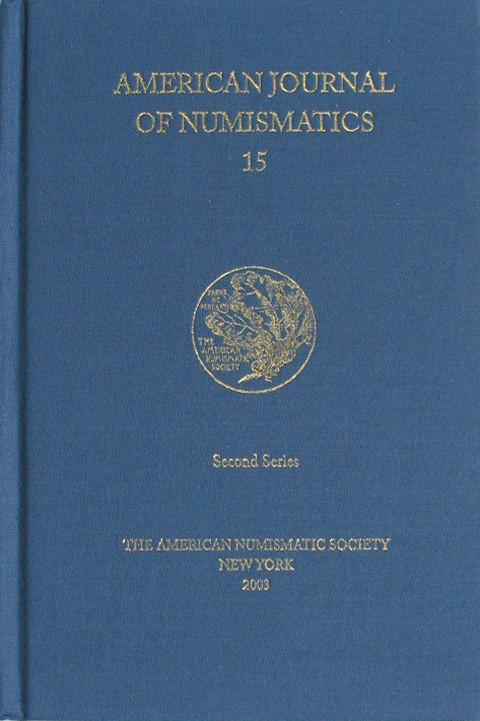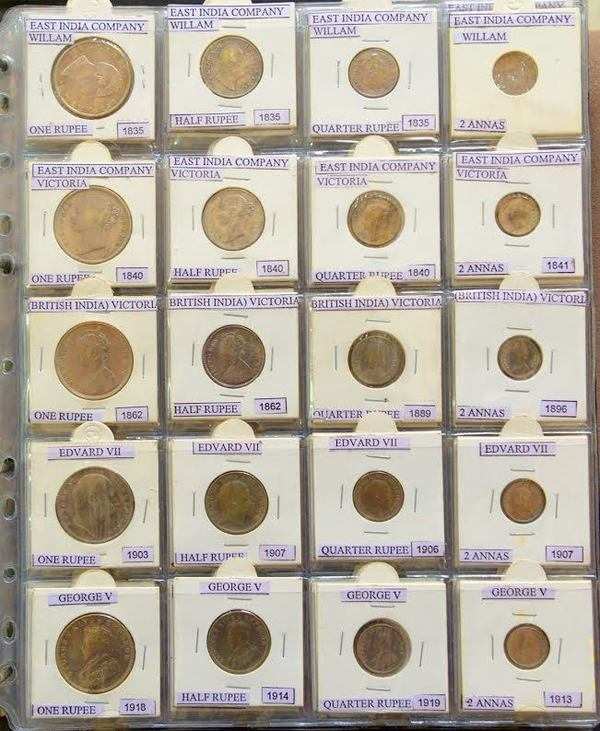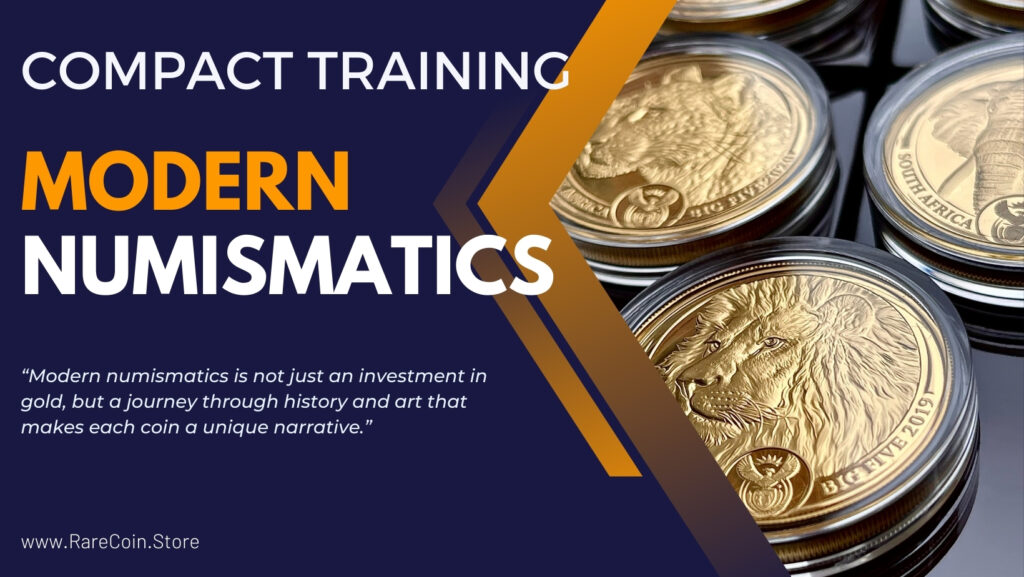Top Info On Deciding On Franc And Commemorative
Wiki Article
What Can I Do To Research Numismatics With Respect To Museums Using A Database?
Here's a structured approach: This is a methodological approach: Database Selection: Choose the database that lists the museum's collections and holdings of numismatics. There are many options, including museum databases offered by institutions such as the British Museum and the Smithsonian Institution or online platforms that specialize in museum artifacts and collections.
Define Research Focus: Specify your research objectives. Are you searching for the numismatics collection of the museum you are visiting, or exhibitions of coins, academic publications on numismatics or the historical and cultural contexts that are associated with numismatic displays or books of scholarly research on the subject of numismatics. Make sure you know what you want to find in your research.
Search Strategy - Make use of keywords that are applicable to both numismatics and museums. Examples include "numismatic catalog", "coin exhibitions", "museum catalogue" and specific museum names. Utilize advanced search features to sort results according to date, type of collection, and themes for exhibitions.
Data Collection: Access detailed information on the numismatic objects in museums. This includes images, provenance, historical significance, and detailed descriptions. Browse digital catalogs that list coins according to civilization, period or theme.
Analyse data to learn about the importance of museums and their numismatic collections. Examine the ways museums interpret, curate and showcase coins within the context of the historical and cultural narratives. Consider how museums present numismatics, focusing on education strategies and interpretive frames.
Cross-Reference: Check the validity of your study by cross-referencing information from multiple museum databases and scholarly sources. This method ensures that your research is reliable and complete, giving you an overall view of numismatics.
Documentation - Record your research findings in a systematic way by citing sources and mentioning any methods. Notify the database's name, search terms and relevance of each source in relation to your research.
Stay updated: Numismatic collection and museum exhibits evolve over time. Keep up-to-date with the latest acquisitions as well as temporary exhibitions. The publication of scholarly articles can help your research.
These steps can assist you to investigate numismatics with museums. This approach permits a thorough examination of the display, interpretation and scholarly examination of coins in museum environments. They provide insight into their historic, educational, and cultural significance. Have a look at the top rated banknote society for blog examples including coin issue, banknote society, historical currency, forint, coin society, coin appraisal, banknote dealer, banknote production, coin production, coin holder and more.

How Can I Use Numismatics To Conduct Research On Refineries In A Database?
The study of numismatics in relation to refineries is a matter of using databases that focus on precious metals refining minting processes, as well as the technological and historical aspects of refining facilities. A method that is structured is provided to help you conduct this kind of study. Databases are provided by major refining companies such as Johnson Matthey Heraeus as well as government mints including the United States Mint (or Royal Canadian Mint) or Heraeus.
Define Research Focus: Specify your research objectives. Are you interested in learning more about the refinery's history and operations, technological advances in refining processes as well as the production and certifying of coins and bullion, or perhaps the certifications and standards for precious metals? Make clear your goals to guide your search.
Search Strategy - Use keywords to find refineries, including "precious metallics refineries" as well as other words like "minting processes", "bullion" or geographic regions. If applicable Include the names of refineries, historic periods or geographical regions. Advanced search options allow you to filter according to date, document type such as technical reports or production data, or refinement methods.
Data collection: Access information about refineries and their history like the date they were established as well as the type of precious metals they process (gold or silver, for example) as well as any previous innovations or developments.
Analysis: Examine and understand the role that refineries play in numismatics. Examine the ways in which refineries supply precious and base metals to support gold and coin production, ensure quality control of the minting process and contribute to standardizing coinage materials. Examine the methods and technologies that are employed by different mints or refineries.
Cross-References Validate your findings by comparing data across databases and multiple sources. This ensures accuracy and the completeness of your research. It also provides an extensive picture of refineries' role in numismatics.
Documentation: Record all of your findings, citing the sources you used and noting the techniques used. Note the details of the databases you accessed and the search terms you searched with, and the way each one of them relates to your research question.
Stay up-to-date: refining techniques and standards change in time. Keep yourself up to date through reading industry publications as well as refinery and mint reports to stay up-to-date with the latest refinery technologies' developments and their impact on the numismatics industry.
By following these steps, you can effectively utilize databases to study the role of numismatics and refineries. This technique allows for an extensive analysis of technological advances as well as quality control measures and the past contributions of refineries to the production of bullion, coins as well as other precious metals all over the world. Check out the best coin production recommendations for site info including dollar, coin series, numismatics, coin appraisal, coin magazine, rare banknotes, real, czech coins, treasury, currency and more.

How Can I Conduct Research On Numismatics With Respect To Legal Experts By Using A Database Of Numismatics?
Here's a method for conducting research like this: Database Selection: Choose databases that focus on research in the field of law, numismatic law and court cases that involve the numismatic issue, and academic papers on the legal aspects of the numismatics. Here is a methodical approach for conducting such a research: Choose databases that specialize in legal research. They include databases that concentrate on the law of numismatics, court decisions involving numismatics, and academic publications on the legal issues pertaining to numismatics. Legal research platforms such as Westlaw as well as LexisNexis are some examples, along with the numismatic journals, publications of numismatic societies, and numismatic law journals.
Define Research Focus: Specify your research objectives. Are you interested in learning more about the legal frameworks that govern coinage, the numismatic dispute, and currency? Are you looking for rules on the production of coins, circulation, and legal interpretations regarding numismatic ownership and authenticity? Find out the purpose of your research.
Search Strategy: Use keywords such as "numismatic law" or "legal aspects of coinage" or "numismatic conflicts" and add specific legal concepts such as ownership, authenticity and counterfeiting, if applicable. Results of a search can be filtered by the date or by jurisdiction (national or international,) and also subjects of law that relate to the field of numismatics.
Data Collection: Search for legal precedents (case law) as well as legislative text (legislation), and scholarly publications related to the subject of numismatics. Gather details, like the summaries of decisions or legal analysis and interpretations on relevant statutes. Also, you should collect historical perspectives.
Analysis: Examine the data to comprehend the implications of law and difficulties in numismatics. Learn how legal frameworks influence numismatic trading, collection management processes, authentication procedures, and the international trade of numismatic objects. Compare various legal interpretations or strategies across different jurisdictions and historical periods, or even countries.
Cross-Referencing - Verify the accuracy of your research by comparing information from multiple databases, legal publications, court records and academic publications. This will ensure the accuracy of your research and complete, providing you with an accurate picture of the legal context in the field of numismatics.
Documentation. Note your findings in research papers by citing the sources you used and noting the methodology. Keep track of details like the databases you used, the search words you searched with, as well as how each source is related to your study.
Keep up to date: Legislative changes and court rulings influence the interpretation of numismatic laws. Stay current by monitoring updates from legal databases as well as numismatic law publications as well as updates from numismatic societies on legal developments.
Follow these steps to use databases effectively to explore numismatics based on legal experts. This approach enables a detailed investigation into the legal frameworks, challenges, and scholarly interpretations that intersect with the field of numismatics, offering insights into the legal issues that govern the collection of coins, coinage, and trade worldwide. See the recommended banknote identification info for blog info including banknote catalog, coin issue, currency dealer, circulated, coin pressing, design, proof, coin certification, dirham, obsolete currency and more.

How Do I Search For Numismatics Using A Database That Has Historical Archives In Mind?
Researching numismatics with regards to historical archives involves utilizing databases that concentrate on archival collections, historical documents, artifacts of numismatics and records of transactions in numismatics. Here's a systematic approach to conduct research in this area: Database Selection: Select databases that are specialized in historical archives, collections of numismatics catalogs for museums, and digitally digitized documents from the past. They include national archives websites and platforms for museum archives, numismatic research platforms and catalogs of libraries.
Define Research Focus: Specify your research objectives. Are you looking to learn more about the history of specific collections of coins, historical transactions that involve numismatic objects, the context of culture surrounding coins, or the development of the monetary system? Make sure you know where to look in order to focus your research.
Search Strategy - Use keywords, such as "numismatic collections," "historical archives on coinage," "archival documents of coinage" etc., and include any historical periods, geographical regions, or numismatic themes should you choose. You can use advanced search options to filter results based on date, document types (manuscripts, correspondence, catalog entries) and archives repositories.
Data Collection: Access digitally digitized historical documents, archives and other numismatic details. Catalogues of auctions and catalogues of coins from the past, and museum records of acquisitions can be gathered.
Analysis: Analyze your data to discover the historical context of numismatic items. Examine the ways in which coins were used in trade and commerce, as well as the role they played in political and cultural exchanges, as well as their importance in understanding the historical context.
Cross-Referencing Validate your findings by cross-referencing across databases, archives collection, museum catalogs, historical publications, and archives collections. This lets you do a thorough investigation and get a complete picture of numismatics as they are recorded in historical archives.
Documentation: Documentation is essential. Note sources and the method you employed. Record details about the databases you have accessed as well as search terms used and the importance of every source you use to answer your research questions.
Keep up to date: Historical archives, numismatic discoveries as well as other relevant information is documented and analysed. Updates from collections of museums, archives repositories and scholarly journals will keep you up-to-date on the most recent discoveries in numismatics as well as knowledge.
Following these steps will allow you to investigate numismatics by utilizing historical archives. This method allows a deeper dive into historic contexts, cultural influences, and societal impact of numismatic objects, providing invaluable insights into the development of coins through time. See the most popular slovak coins tips for website examples including coin marketplace, currency grading, banknote marketplace, currency authentication, banknote show, currency society, banknote marketplace, krona, shekel, platinum and more.

How Do I Utilize A Database To Research Numismatics In Relation To Industry Consultants?
To conduct research on numismatics it is crucial to utilize databases that contain data on industry reports individuals, consultants, as well as numismatic societies. Here's a method to conduct this type of research:Databases Selection: Choose databases that specialize in consulting companies, industry reports, and publications related to the numismatics field. Examples include business directories, consulting firm websites, numismatic society publications as well as databases that specialize in specific industries.
Define Research Focus: Specify your research objectives. You might be interested in consulting services for businesses that deal in numismatics as well as market analysis reports regarding numismatics, or in the expertise of consultants in certain numismatic fields. Clarify the focus of your search.
Search strategy: Use keywords, such as "numismatic firms", "numismatic firms", and "market reports on coins." If relevant you can also add specific areas of expertise, or geographical regions. Advanced search options allow users to filter their search by date, consultant specialty, and consulting service offered.
Data Collection: Access information about consulting firms that specialize in the field of numismatics. Additionally, there are industry consultants who offer services to numismatic business. Find information on consultants such as profiles, and their areas of expertise (market research, collection management authentic) customer testimonials report on industry trends, more.
Examine the data to determine the role and contribution of consultants in the numismatic market. Examine the knowledge and methods employed by consultants in advising on markets, numismatic investments and collection management strategies and regulatory compliance issues.
Cross-References: Make sure that your information is accurate by comparing it with different databases, the publications of organizations that deal in numismatics, as well as reports from the industry. This approach ensures precision and completeness in your research.
Documentation: Document all your research findings, citing sources you used and noting the methodology you employed. Keep track of the specifics of the databases you used and the search terms you utilized, as well as how each resource connects to your research.
Keep up to date: Market trends and consulting services for numismatics evolve according to changes in economic conditions and laws. Check out the latest updates on the websites of consulting companies, industry reports and publications of societies that deal in numismatics, to stay up with the most current industry trends.
Utilize these tips to use databases efficiently to study numismatics with regard to industry consultants. This technique permits a thorough examination of the market analysis and strategic information provided by consultants in the numismatic field. They may provide useful perspectives on business operations, investment strategies and market dynamic. Follow the best austrian coins for blog examples including dollar, bank, rial, banknote errors, silver, historical currency, coin book, currency grading, treasury, coin society and more.
